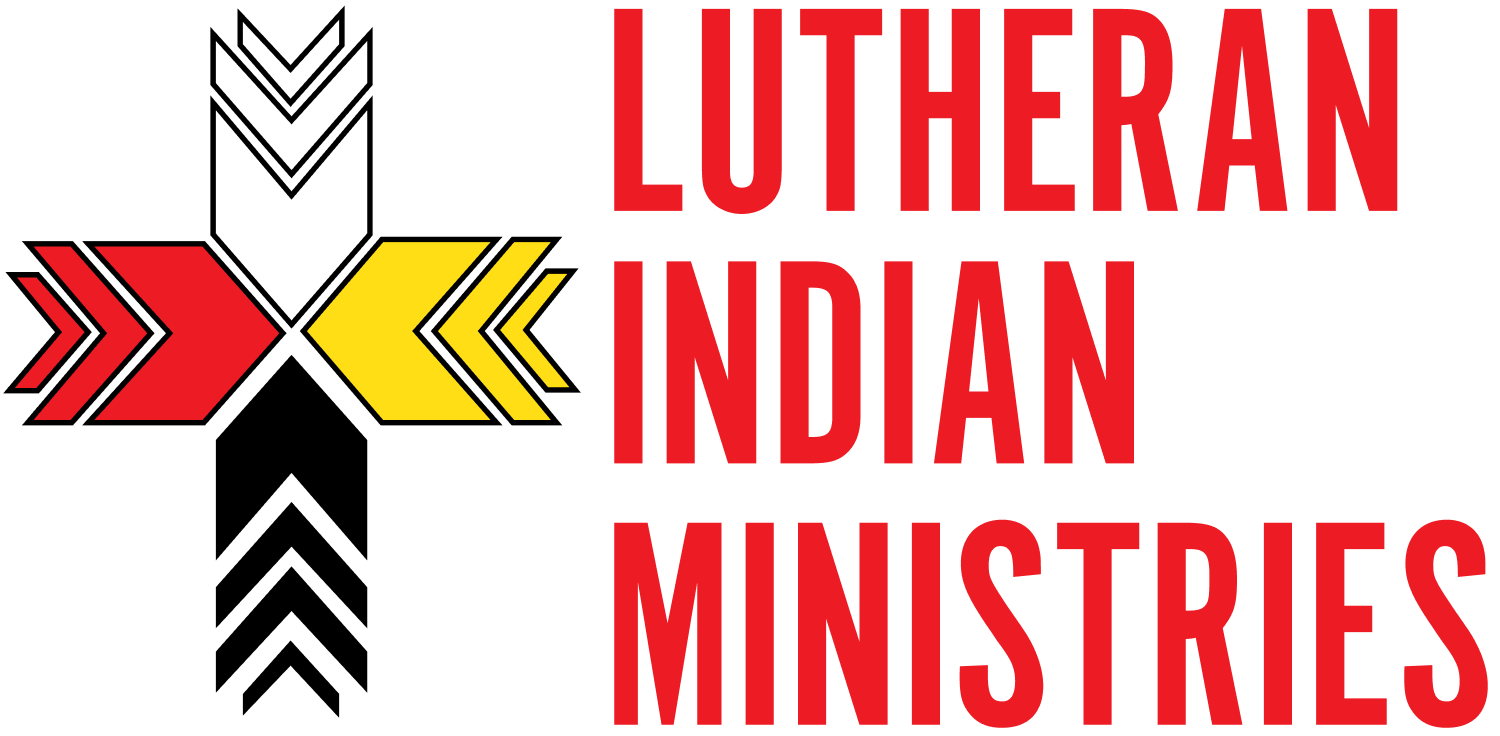The Rising Smoke: the Growing Smokehouse Religion
Life for Native Americans is hard, but how they cope with this hardship varies from person to person.
Native people look to a variety of avenues to escape the hardships. Some turn to drugs and alcohol to fill the void in their lives, and suicide is also prevalent when the hopelessness gets too big to carry.
Others turn to traditional ways.
This return to the old ways has merit. Traditionally, Native Americans were family-focused. Men provided for their families, and children were taught to respect the wisdom of their elders.
However, in an attempt to return to their culture, some Native Americans are, instead, finding the Smokehouse Religion.
"There's a real hunger within the Native population," states Cathy Benzler, LIM staff located on the Olympic Peninsula. "They're searching - searching for hope and searching for change. They think this 'religion' will bring it to them, but they're being misled. They think they're reviving their culture, but this isn't how our ancestors lived."
The Smokehouse Religion is a very secretive group which was started years ago in Canada. To become a member, you must be invited in and sponsored by a current member. Upon acceptance, you are required to pay high fees to remain active, (religious fees only add an extra burden to an already struggling community).
These groups are not publicized or talked about in open conversation, but the community knows it is growing. For the younger generation, in particular, Smokehouse Religion is the "something else, something better" they have been seeking.
This generation of Native Americans wants hope and change.
Jesus says, "Come to me, all you who are weary and burdened, and I will give you rest." (Matthew 11:28) But in a society that suffered outrageous cruelty at the hands of Christians, Jesus isn't a loving Savior but a demanding dictator. Most Native Americans don't want His help.
Cathy (Cherokee), and her husband Tom (Ioway), fight against this image of Jesus and the growing popularity of the Smokehouse Religion daily.
"Many of the elders we minister to on the Lower Elwha Reservation and in the surrounding areas know and accept Jesus as their Savior, but their children and grandchildren reject the 'White Man's Bible'," Tom explains. "They still want what Jesus gives, the assurance and the hope, but they don't want it from Him. So these Smokehouse leaders step in to take his place."
Tom and Cathy report that although the Smokehouse community gives them a certain amount of respect and does not attempt to interfere with their ministry work, "they aren't calling us for prayer or guidance!"
However, the ministry on the Lower Elwha Reservation is growing despite the draw of the Smokehouse Religion.
- Last summer, Tom and Cathy baptized three adults in the Elwha River - we are expanding Christ's Kingdom.
- Bible study groups continue to grow and add more participants - we are creating disciples.
- Hope House gave away 775 backpacks to children on five reservations - we are building up future leaders.
And through these relationships, the Holy Spirit is guiding conversations between Native Christians and Smokehouse members.
An uncle and a regular at Bible Study asks his nephew why he thinks he needs to pay money to be connected with God and then asks if they can pray together.
A mother and a volunteer at Hope House talks with her daughter about the changes she has seen since joining the Smokehouse - the increased depression, negativity, and lack of joy - and shares an uplifting verse from the Gospel.
The Holy Spirit is at work.
BUT GOD'S WORK ISN'T DONE
While the Pacific Northwest tribes are seeing a resurgence of the Smokehouse Religion, the Southwest and Southern Plains tribes are experiencing a growth in the Native American Church and the Peyote Religion. Across the nation, these quasi-traditional religions are gaining interest with Native American youth.
We need to reach the younger generation that is seeking to fill a void in their life and show them the truth.
We want them to know the hope and grace that comes to us through Jesus alone.
So, Tom, Cathy, and our staff around the country keep moving forward.
"We continue to do the work God has called us to do," proclaims Cathy.
"We push forward without fear. We put our trust in God and His work that's being done on the Olympic Peninsula. And as doors open to us, and they continue to do so, we walk in boldly and share Jesus' love."

